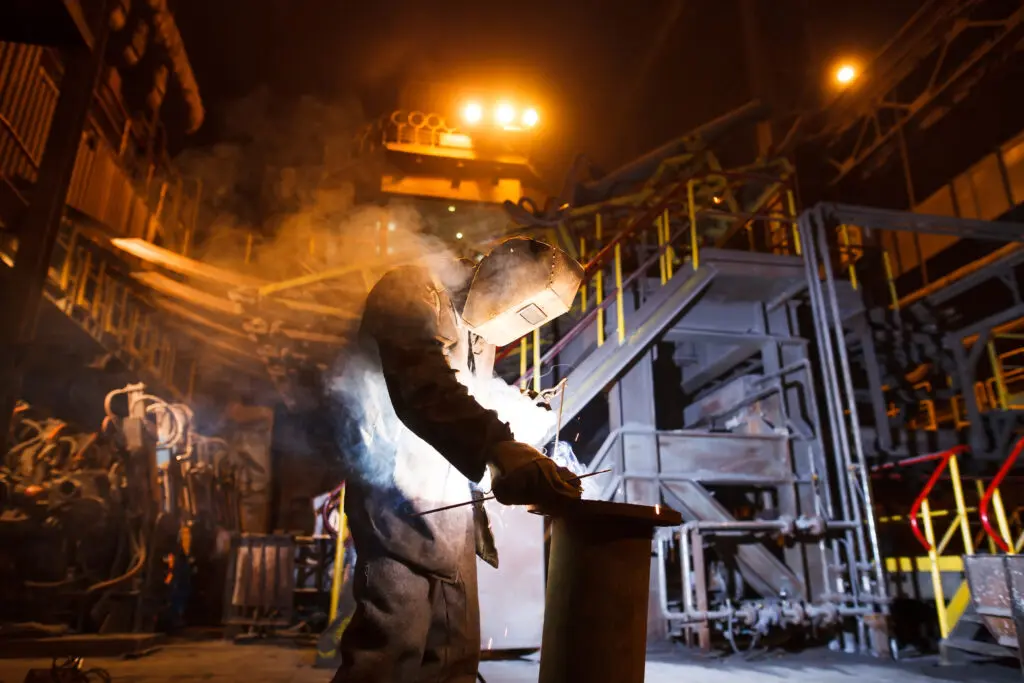Measurable standards reflecting the full benefits of recycling are essential in any agreed international definition of ‘green steel’, says the Bureau of International Recycling.
The world recycling organisation has issued a position paper on this crucial aspect of sustainable steel. It warns that current methodologies, particularly those using ‘sliding scale’ or ‘benchmarking’ approaches, risk labelling higher-emission steel, often produced from virgin raw materials, as green while overlooking steel made from recycled content via electric arc furnace (EAF) technology.
BIR insists this not only undermines transparency but also risks misdirecting incentives and public procurement funding away from genuinely low-carbon production routes.
Level playing field
‘Steel made from recycled materials via EAF technology can cut emissions by up to 74% compared to traditional blast furnace production,’ points out president Susie Burrage. ‘It is crucial that policy frameworks properly reflect this reality. We are not asking for special treatment but for a level playing field where environmental claims are backed by real data, and where the role of recycling in decarbonisation is fully valued.’
Burrage says the recycling industry is a key partner in the transition to a cleaner, more circular economy. ‘Getting the green steel framework right is not just about fair competition. It’s about making sure the policies we adopt truly deliver on their climate and resource-efficiency promises.’
Public policy
The position paper argues any definitions of green steel should be based on total lifecycle emissions, not just the production method or feedstock origin. It also calls for public procurement rules to actively support circularity by requiring minimum recycled content in steel used for public construction transport, and infrastructure projects.
BIR director general Arnaud Brunet adds: ‘Public policy has a critical role to play in scaling up low-carbon steelmaking. However, this must be done with a clear understanding of the benefits of recycling. Global trade in recycled steel is essential to ensuring supply to producers committed to decarbonisation and restricting it only slows progress.’
Cross-border flows
BIR says trade barriers risk limiting the cross-border flow of recycled steel, arguing they can disrupt global supply chains, reduce recycling rates in exporting countries and delay the deployment of circular steelmaking solutions in key markets.
Don't hesitate to contact us to share your input and ideas. Subscribe to the magazine or (free) newsletter.



